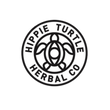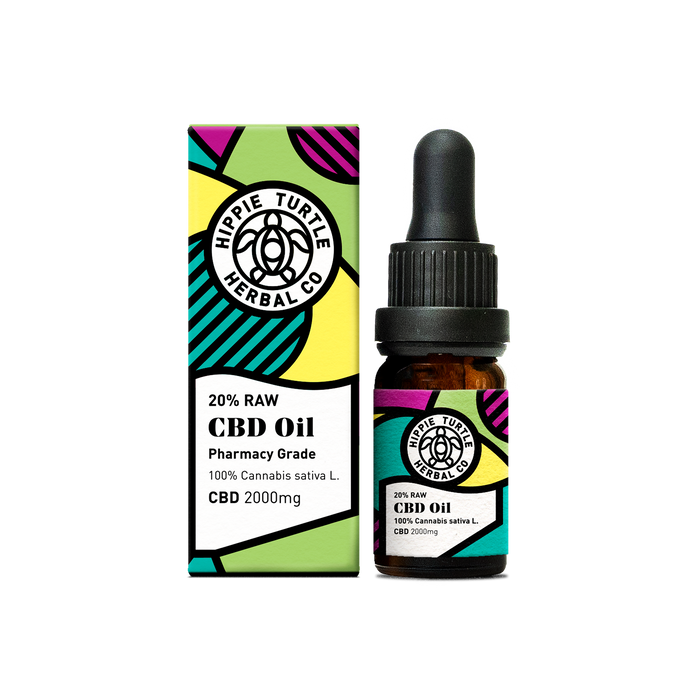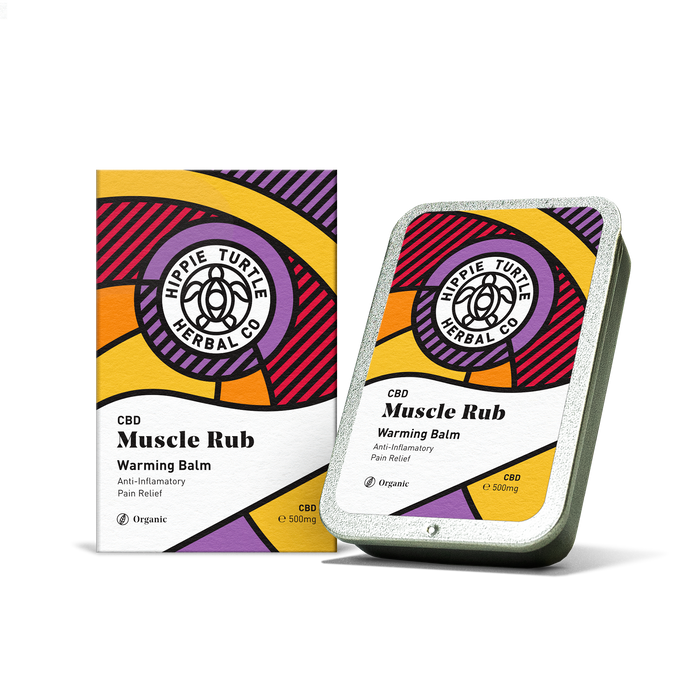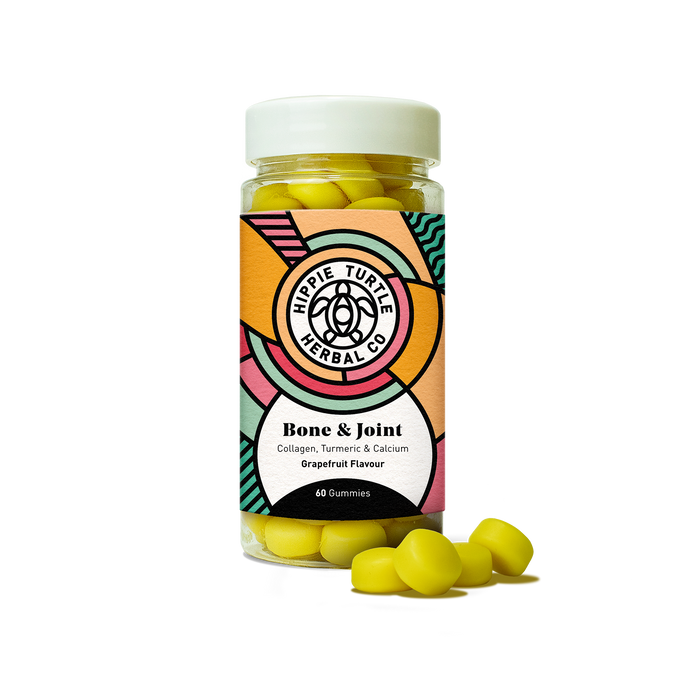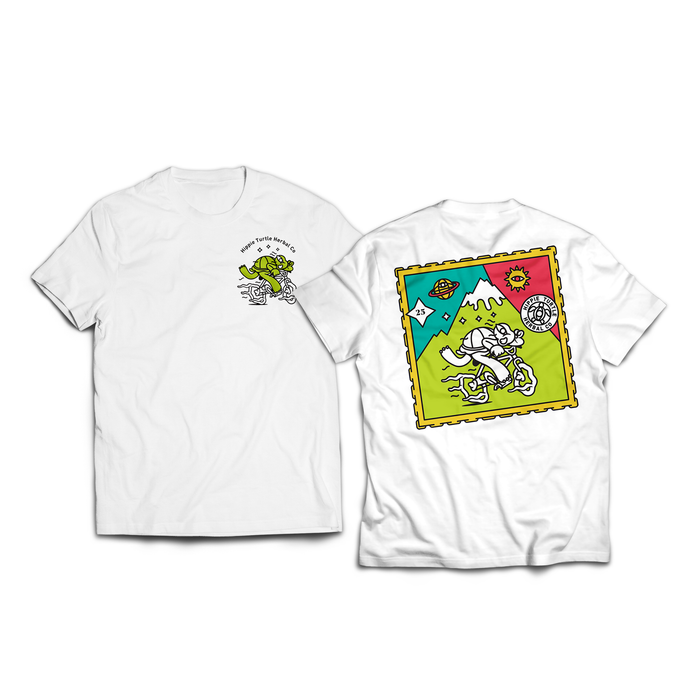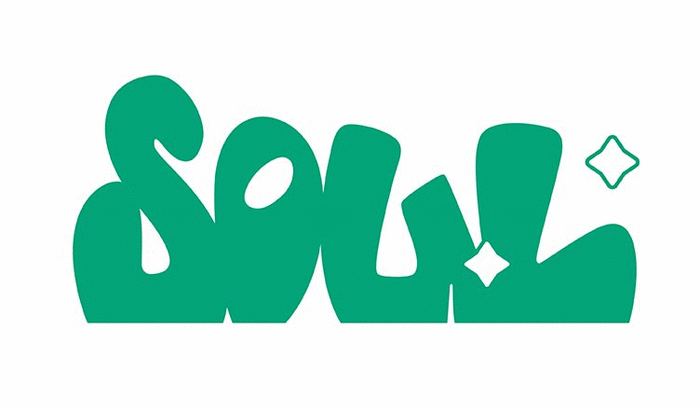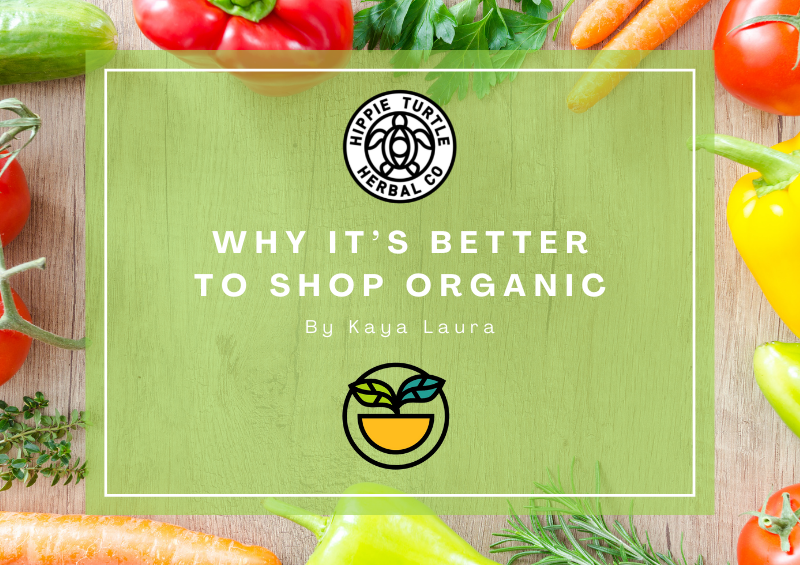

· By Ashley Heeley
Why it’s better to shop organic
Why it’s better to shop organic
The concept of shopping organic has soared in popularity in recent years. Advances in technology have resulted in mechanised agricultural techniques and commodity crops replacing traditional farming methods. However, it is only in the last century that the need to distinguish between what is grown naturally and what is grown conventionally emerged, before then all food was organic.
What is the difference between organic and conventional?
Farming methods changed dramatically during the post-war boom of the 1950s. Driven by profits, oil companies discovered they could extract ammonia from oil and sell it as a fertilizer. This created a whole new market that pleased farmers who were struggling to meet the demands of an ever-growing population.
Despite crops growing bigger and faster, their immune systems were weaker as a result of the chemicals in the fertilizers making the plants more vulnerable to weeds and insects, thus creating another market for chemical pesticides and weed killers.
Pesticides and fertilizers used at every stage of farming lead to chemical runoff entering the water table, rivers and sea. In turn, this evaporates, producing a water cycle that is contaminated with chemicals at every stage.
Motorised tractors and ploughs overturn the topsoil which destroys the majority of biodiversity. As a result, soil degradation occurs. This is the cause of drought and famine in many countries.
In fact, one-third of the world’s soil is already degraded, leaving little left for the future of farming.
‘Soil is a habitat upon which zillions of lives thrive…
We are calling this a soil extinction’
- Sadhguru
As a response to agriculture's growing reliance on said fertilizers and pesticides, the organic movement was born. Organic farming regulations differ across the globe. Here in the UK, there are 8 different approved bodies that farmers can choose from to certify their produce as organic.
These bodies ensure that chemical fertilizers, pesticides, and monocropping are avoided in order to minimize any impact on the environment. Genetically modified (GMO) ingredients are also forbidden in organic goods.
As a vital carbon sink and water store, organic soil helps protect against flooding and without it, we are more vulnerable to the impacts of climate change. By using crop rotation to strengthen soil composition, manure as fertilizer, and removing weeds manually, organic farms are more harmonious with the natural environment, allowing for sustainability.
Although it is true that organic produce may cost more, it is important to be reminded that we all pay taxes that contribute to cleaning up the environmental damage caused by industrial agriculture - such as purifying water. By shopping organic, you are investing in the future of the planet.
The health impacts
Pesticide residue can put our health at risk. More often than not the consequences of long-term exposure (whether that be from simply ingesting unwashed conventional fruit on a regular basis or from working face to face with pesticides in an agricultural environment) may not appear for years. Cancers, asthma, and fertility issues have all been linked to the chronic toxicity of widely used chemical pesticides. Not to mention, inflammatory-related health problems such as auto-immune diseases, Parkinson’s and Alzheimer’s have risen dramatically year on year since the 1950s. Coincidence? After all, Something that is designed to kill animals, which we are, will undoubtedly have an impact on us.
Scientists have also discovered that widely used herbicides increase bacterial tolerance to antibiotics. Put simply, weed killers are essentially antibiotics for plants. Prolonged use of them thus increases the plants’ antibiotic resistance genes - as the microbes in the soil mutate to improve the growth of the plant whilst herbicides are present. Over time, as we consume plenty of food grown with the use of weed killer, we become more resistant to antibiotics meaning previously life-saving medication is rendered ineffective.
On the other hand, organically produced crops have been found to have more antioxidants and nutrients, as well as fewer toxic heavy metals. Furthermore, microbes found in organic soil have been analysed under microscopes and shown to mimic chemotherapy treatment. Supposedly, these bacteria and fungi are essential in preventing cancers within the body. Therefore, it is our best source of medicine and of the utmost importance that we conserve organic soil to grow our food in, as we had done for centuries up until recently.
In sum
Shopping organic is not only better for the environment and your health, but by supporting smaller farms you avoid contributing to the exploitation of agricultural workers by large corporations across the globe. Small buying decisions can make big impacts long-term - climate change, individual health, and the economy can all be benefitted by opting for organic.
As an independent company, Hippie Turtle Herbal Co aim to provide high-quality CBD with seed to shelf traceability, which undergoes tests and receives a certificate of analysis showing cannabinoid content and lack of heavy metals, more often found on industrial hemp farms. Our supplement powders are made with organic real fruit flavouring and our bath bombs and balms are handmade in the UK using only the finest organic natural ingredients.
 CBD Muscle Rub | High Strength Cooling Balm 1000mg (40g)
CBD Muscle Rub | High Strength Cooling Balm 1000mg (40g)CBD Muscle Rub | High Strength Cooling Balm 1000mg (40g)
£37.99 CBD Muscle Rub | High Strength Warming Balm 1000mg (40g)
CBD Muscle Rub | High Strength Warming Balm 1000mg (40g)CBD Muscle Rub | High Strength Warming Balm 1000mg (40g)
£37.99
